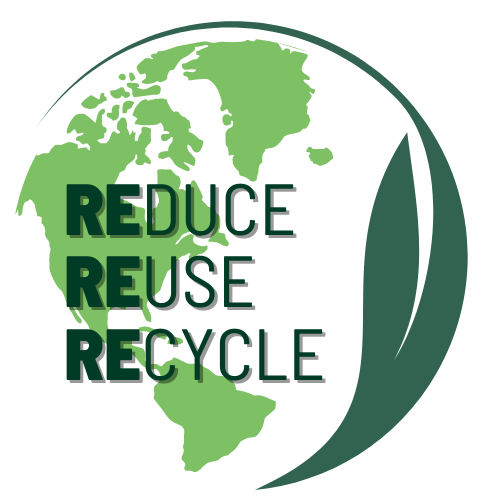Oceanic barnacles act as foundation species on plastic debris: implications for marine dispersal
Oceanic barnacles act as foundation species on plastic debris: implications for marine dispersal
http://www.nature.com/articles/srep19987
Michael A. Gil & Joseph B. Pfaller
Oceanic barnacles act as foundation species on plastic debris:
implications for marine dispersal
Scientific Reports 6, Article number: 19987 (2016)
doi:10.1038/srep19987
Abstract
Plastic has emerged as an abundant, stable substratum for oceanic
dispersal of organisms via rafting. However, the ecological mechanisms
underlying community diversity on plastic debris remain poorly
understood. On a cruise from California to Hawai’i, we surveyed plastic
debris, some likely originating from the 2011 Tōhoku tsunami, to examine
the relationship between rafting community diversity and both habitat
area and stalked barnacle (Lepas spp.) abundance. For sessile taxa
richness, we observed an interaction in which the positive effect of
debris area weakened the negative effect of barnacle cover. In contrast,
for mobile taxa richness, including cohabiting species from opposite
sides of the Pacific Ocean, barnacle abundance had a positive effect
that was strongest at smaller debris sizes. These findings suggest that
barnacles, through interactions with habitat area, have trait-dependent
effects on other species, serving as both foundation species and
competitors, mediating the diversity and dispersal potential of marine
organisms on plastic debris.
http://www.nature.com/articles/srep19987.pdf
http://www.nature.com/articles/srep19987#supplementary-information
PDF files
1.
Supplementary Information
http://www.nature.com/article-assets/npg/srep/2016/160127/srep19987/extref/srep19987-s1.pdf




